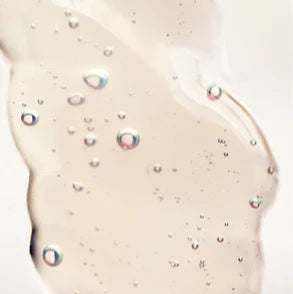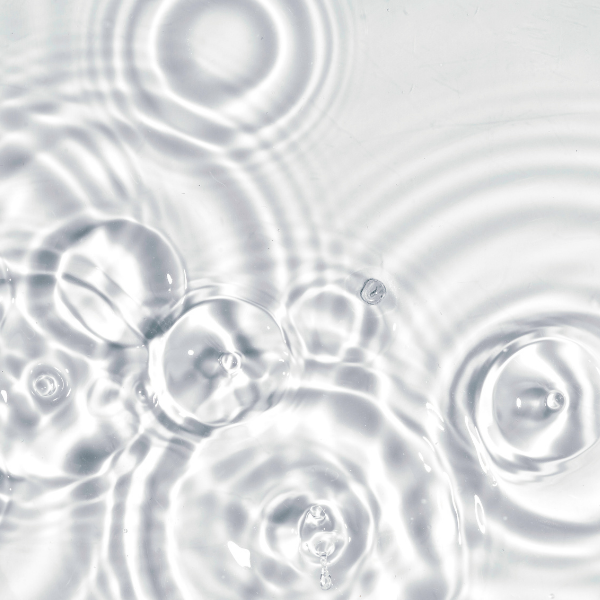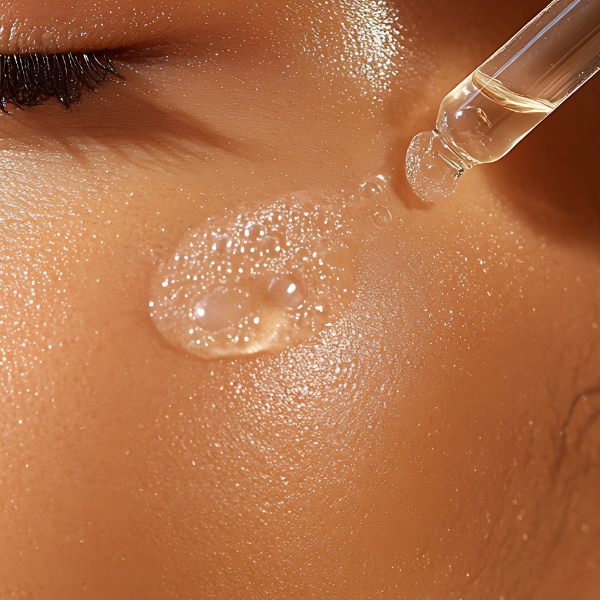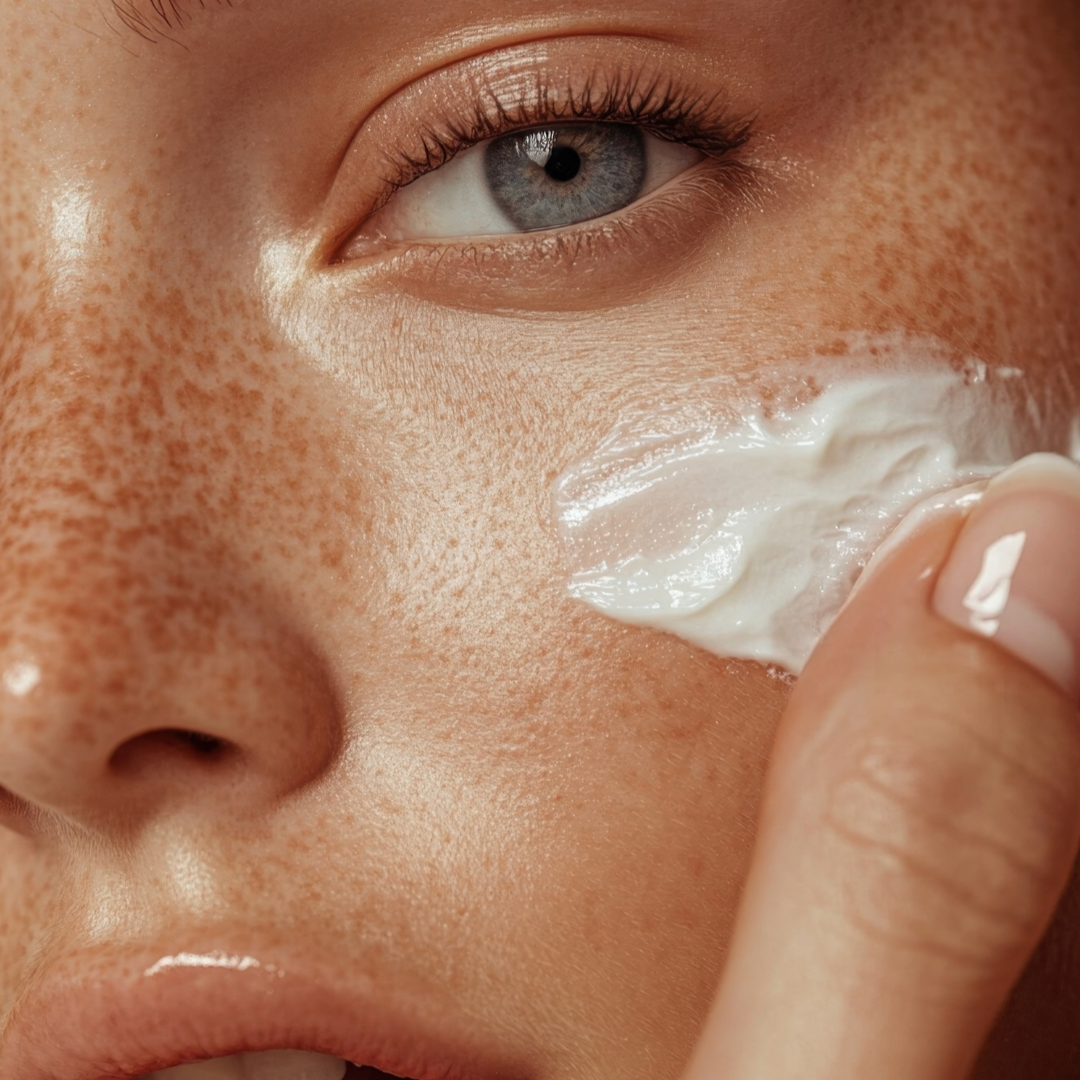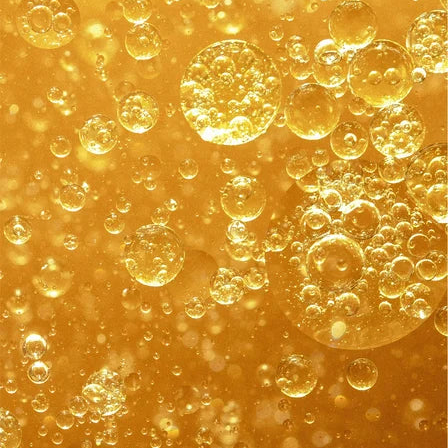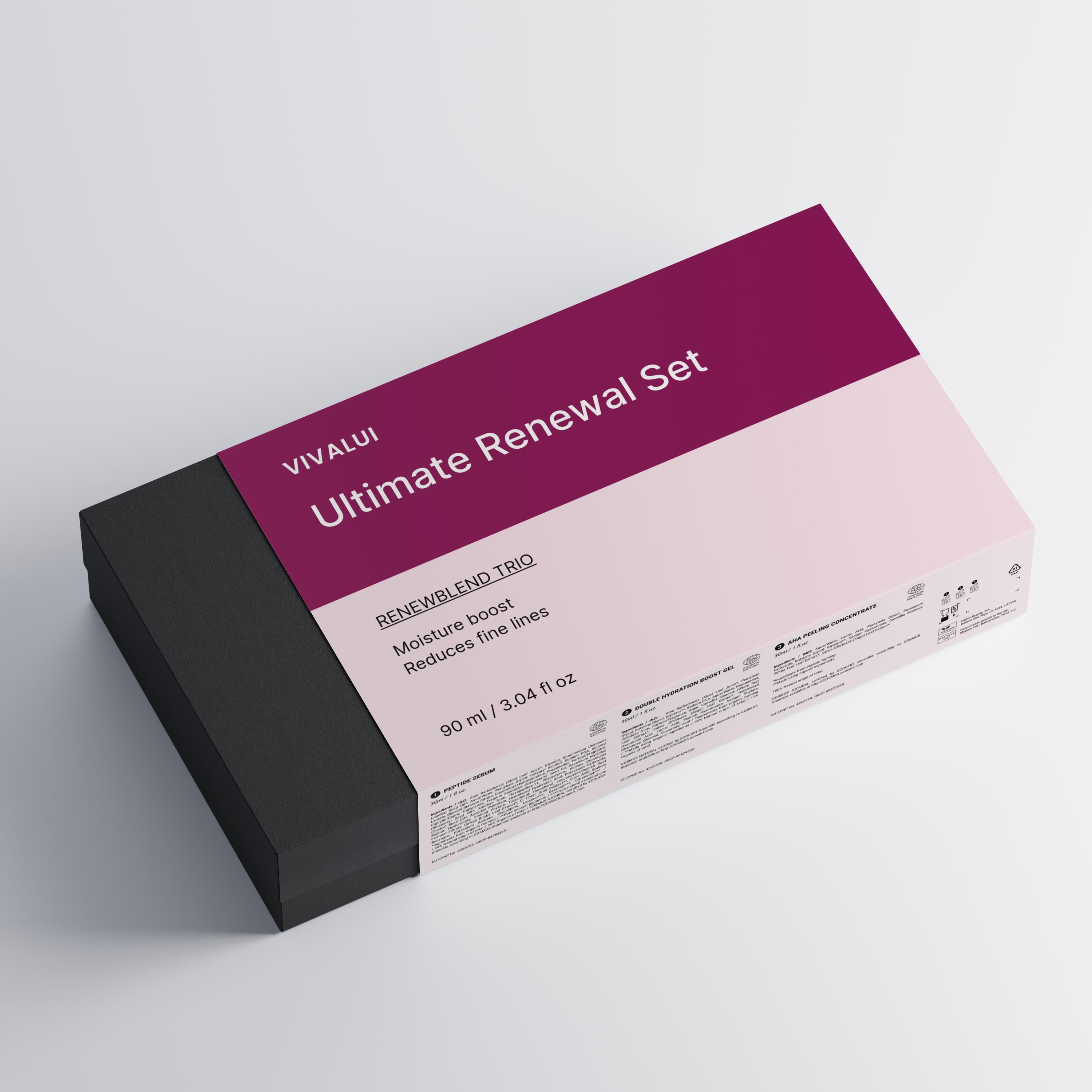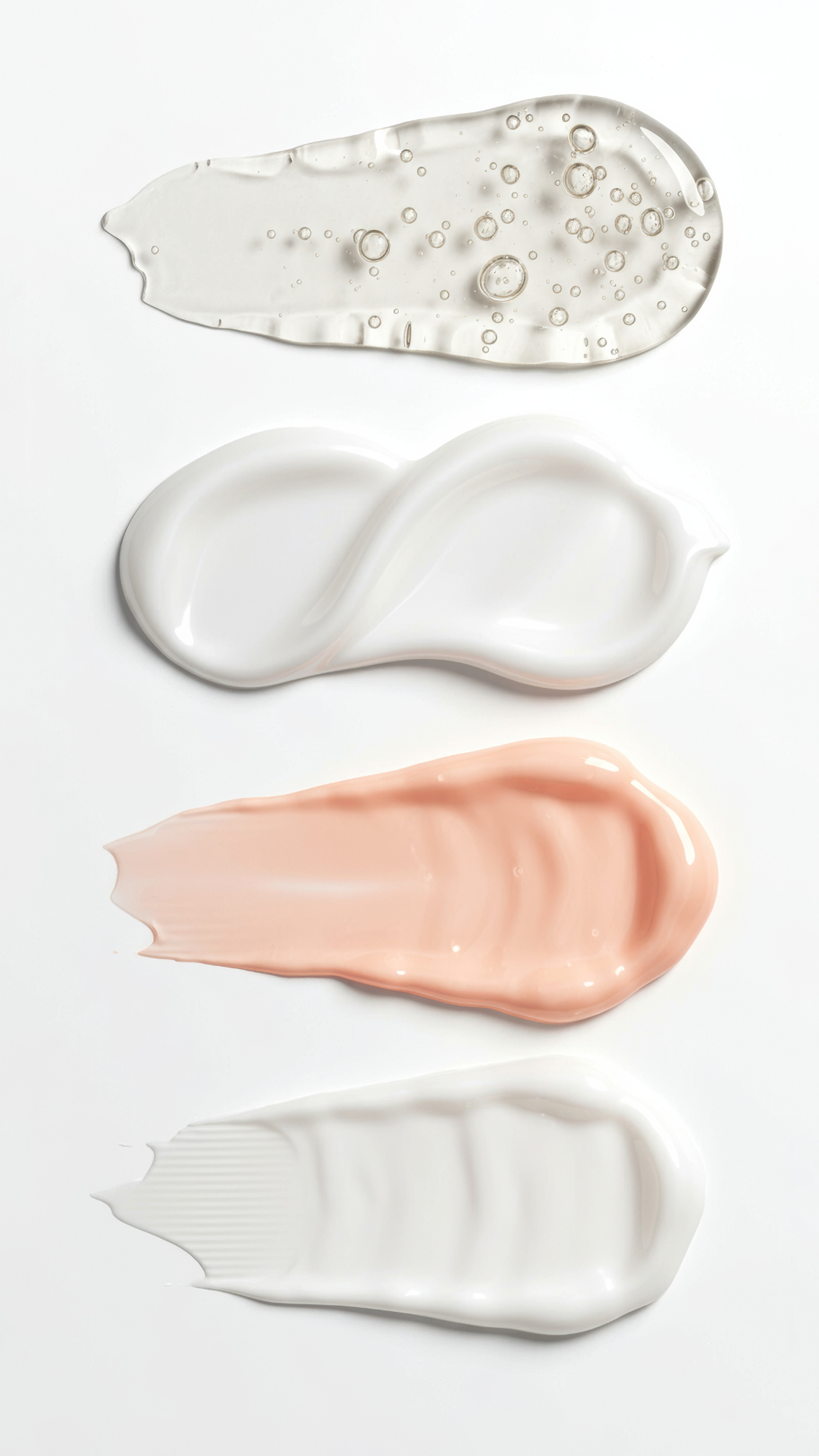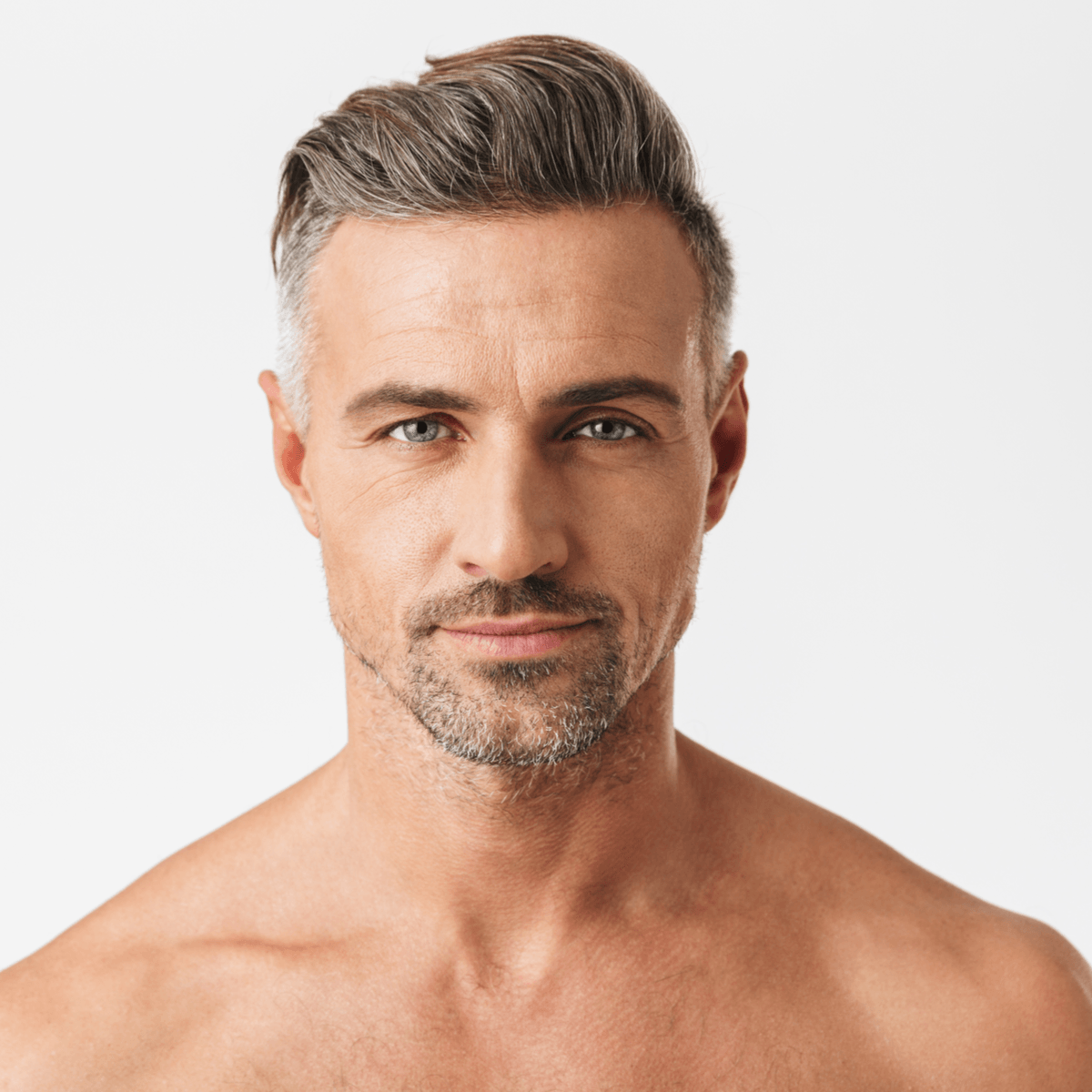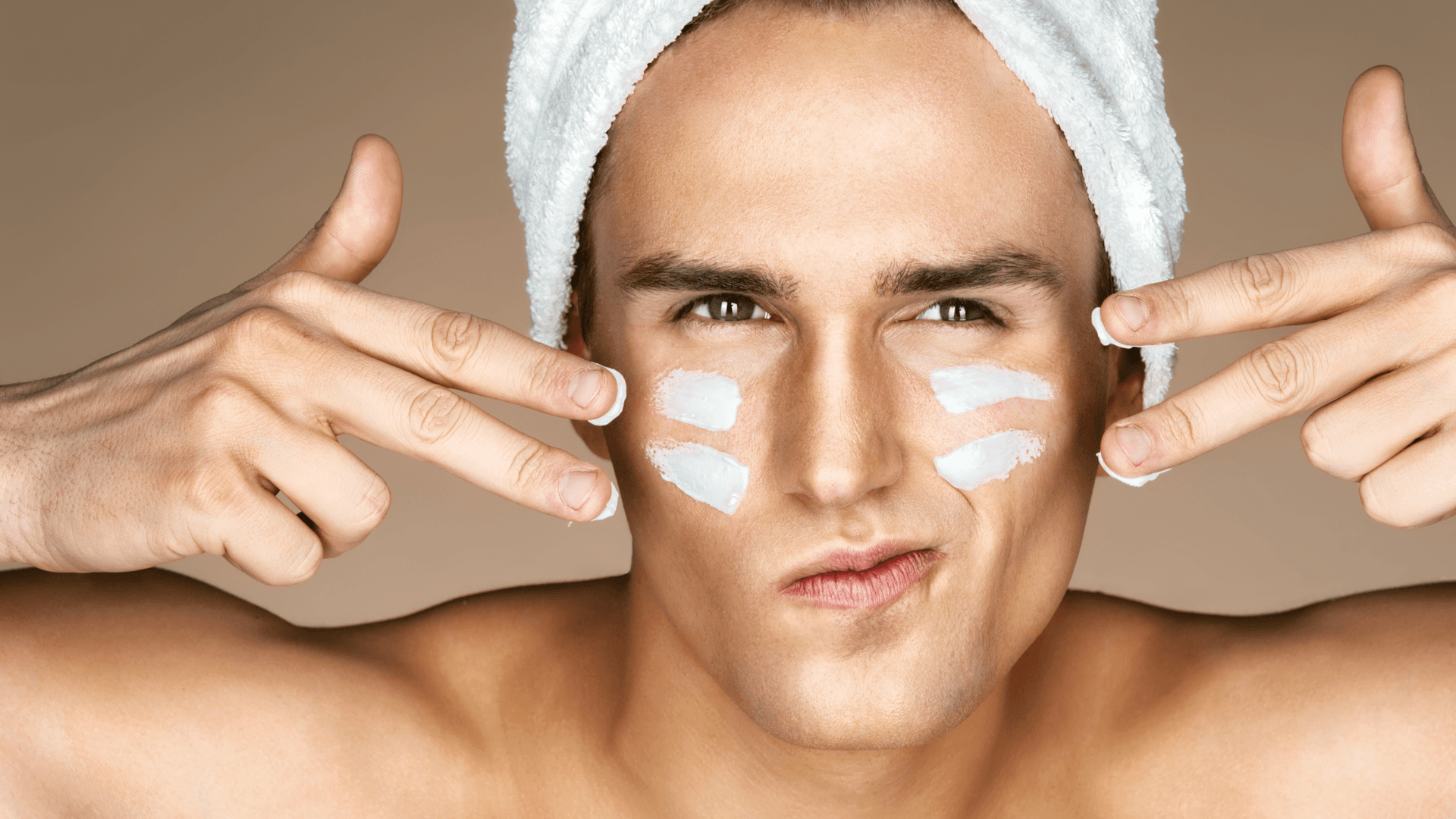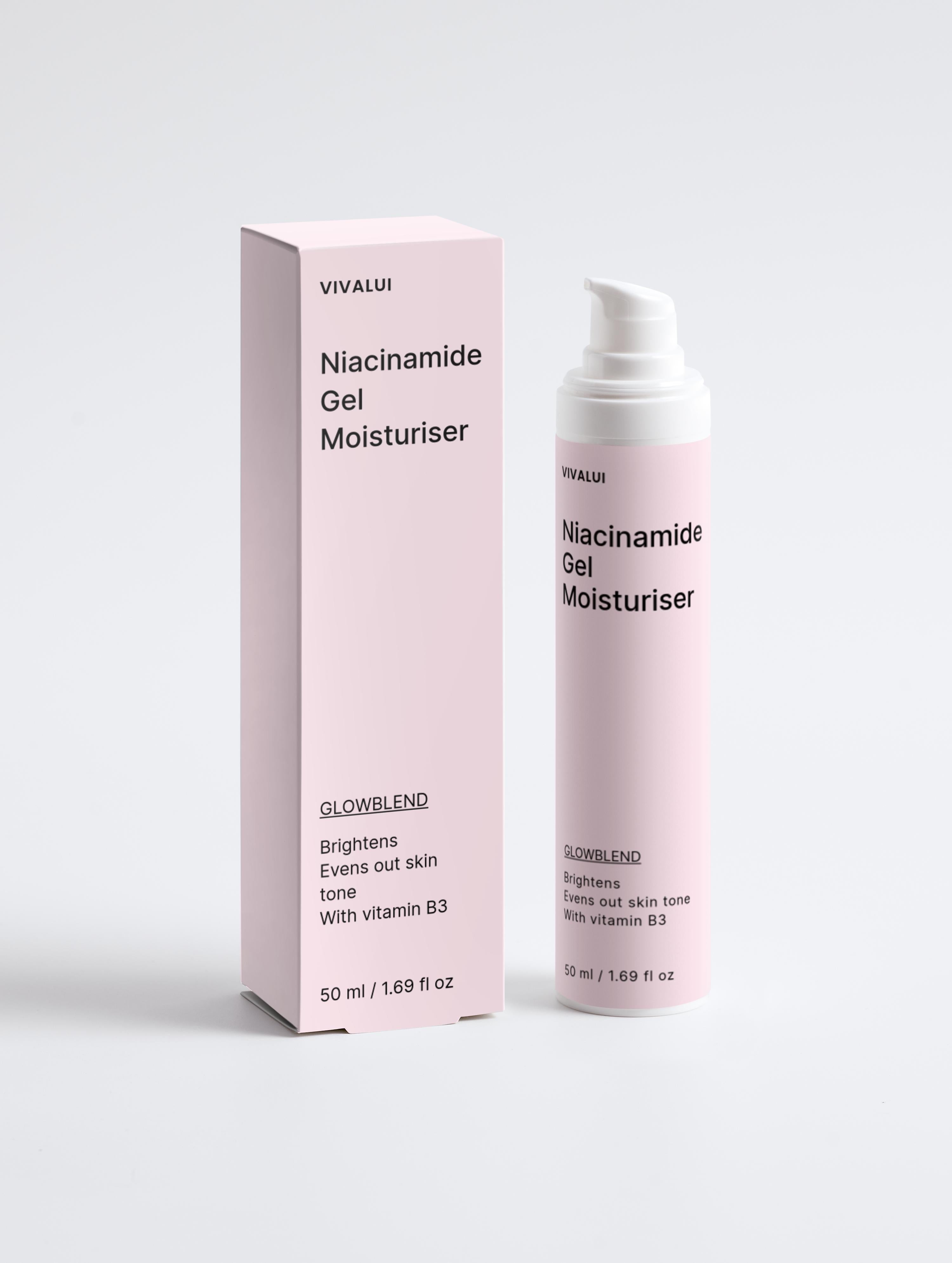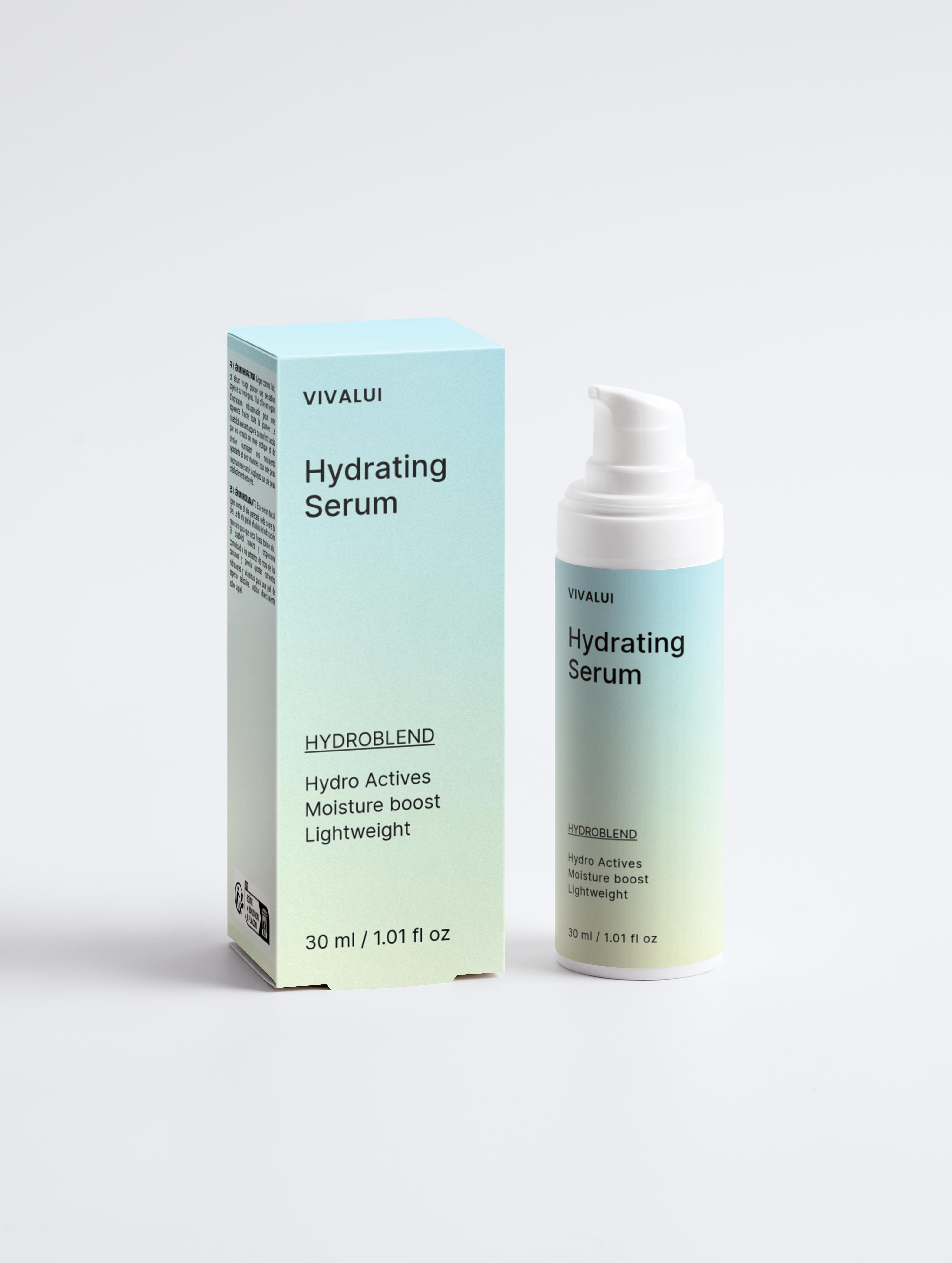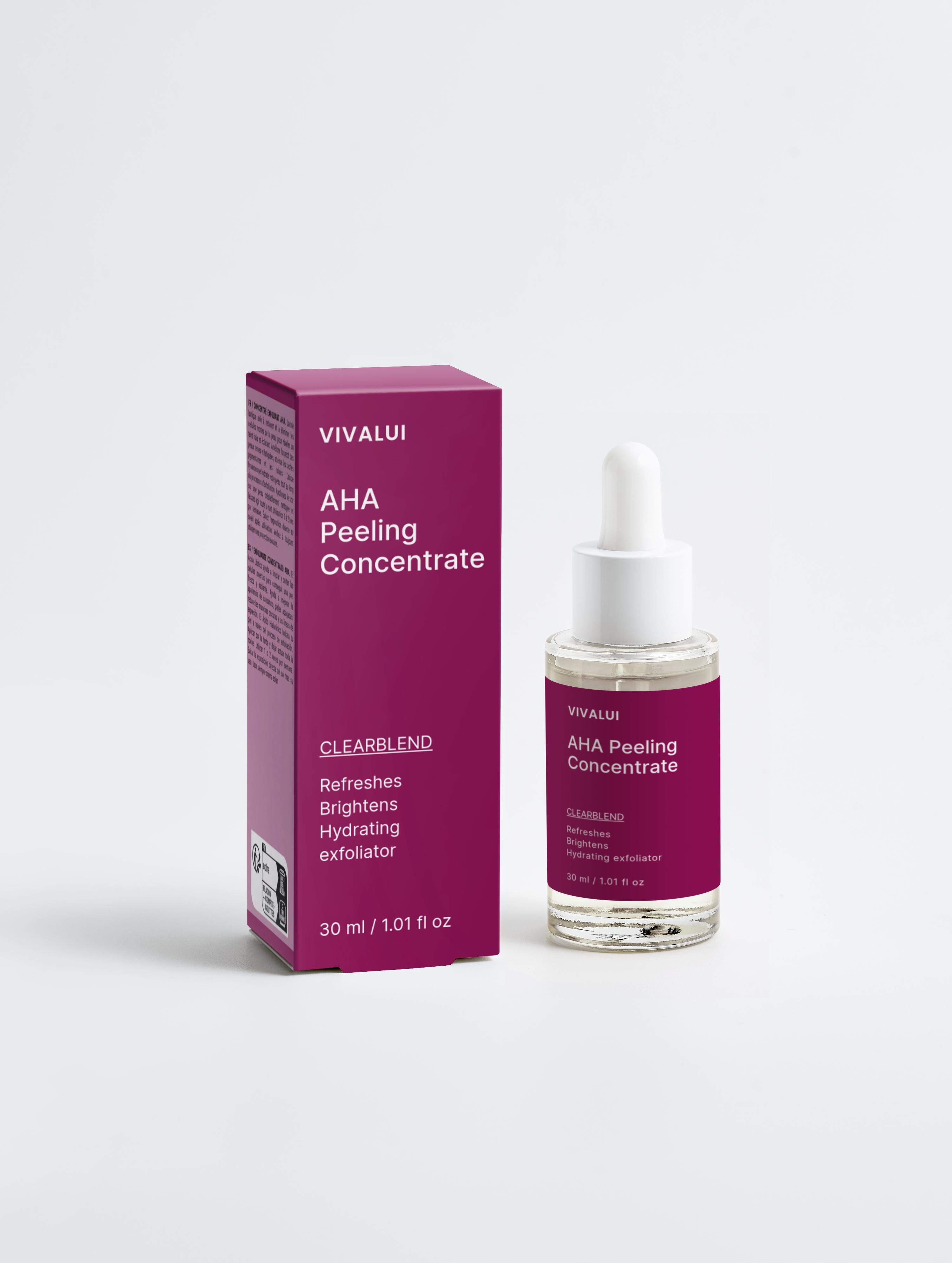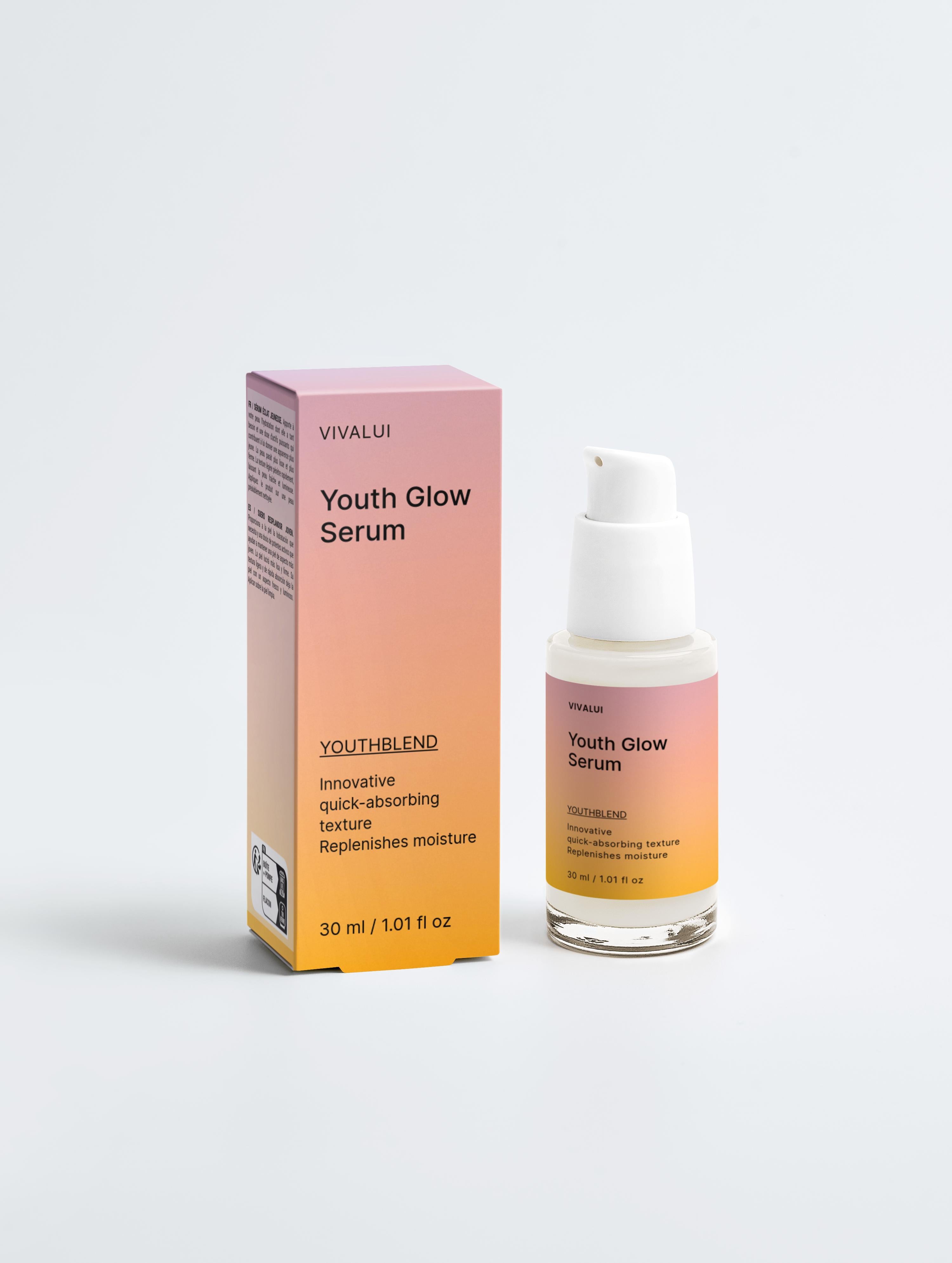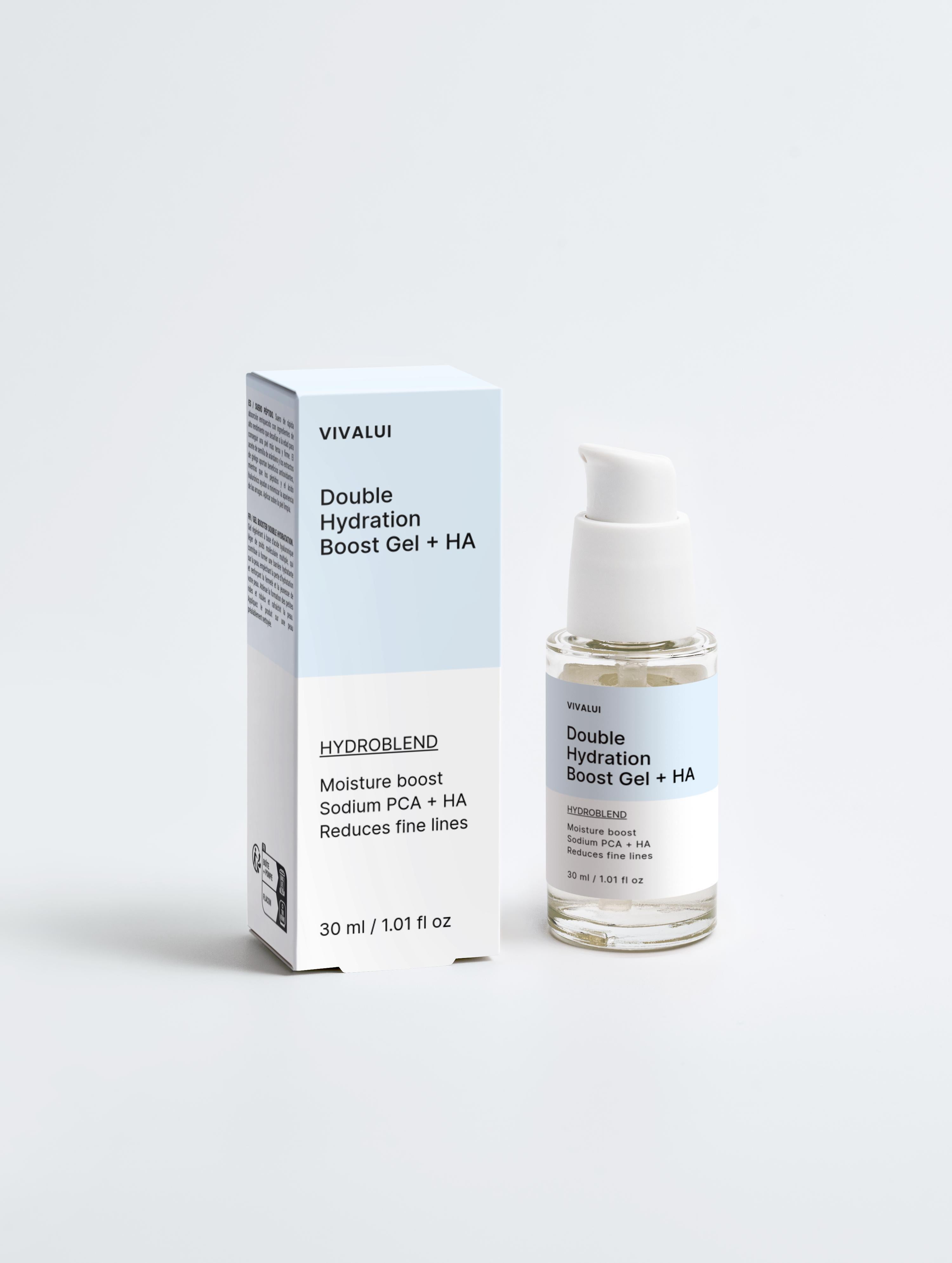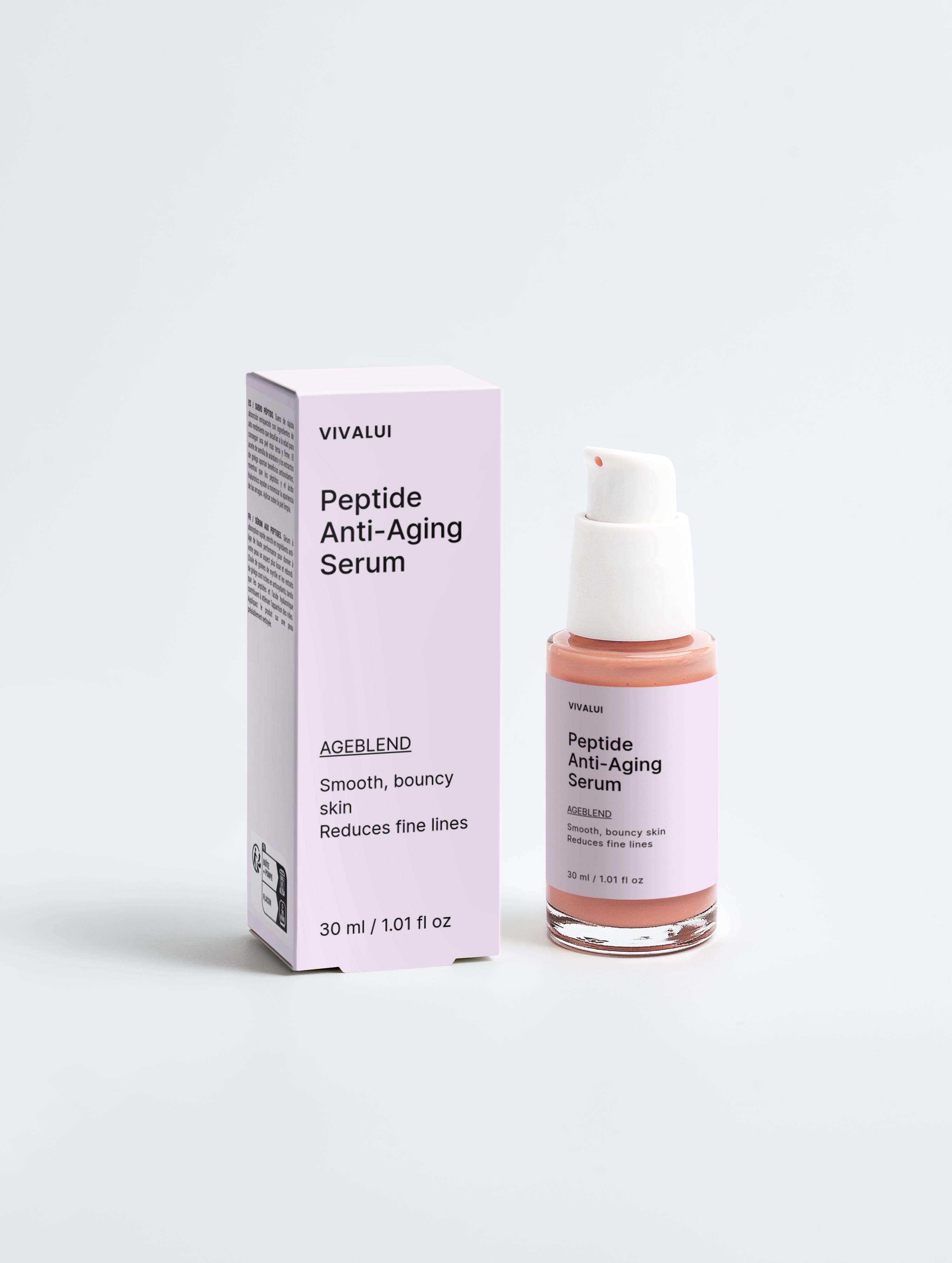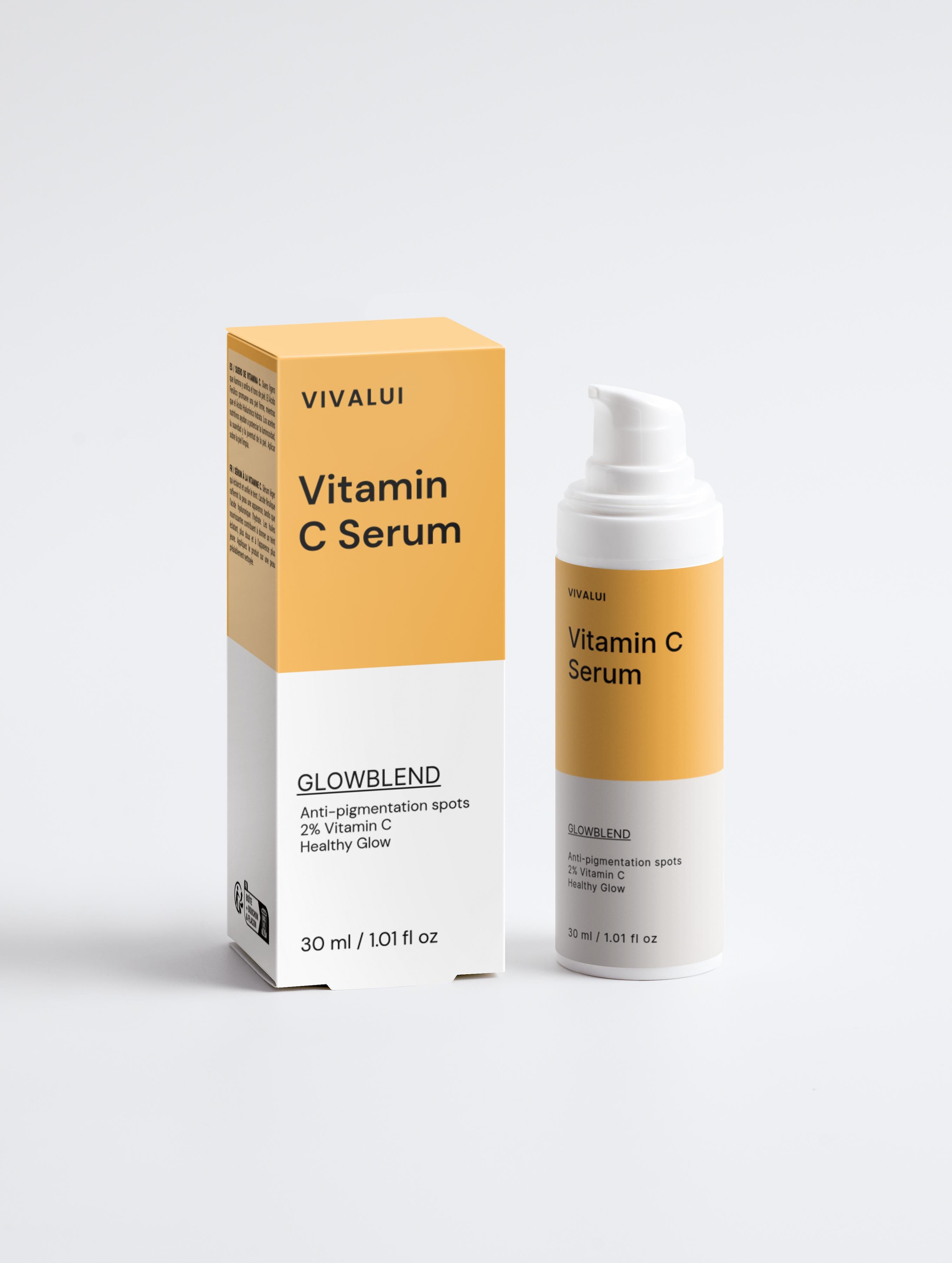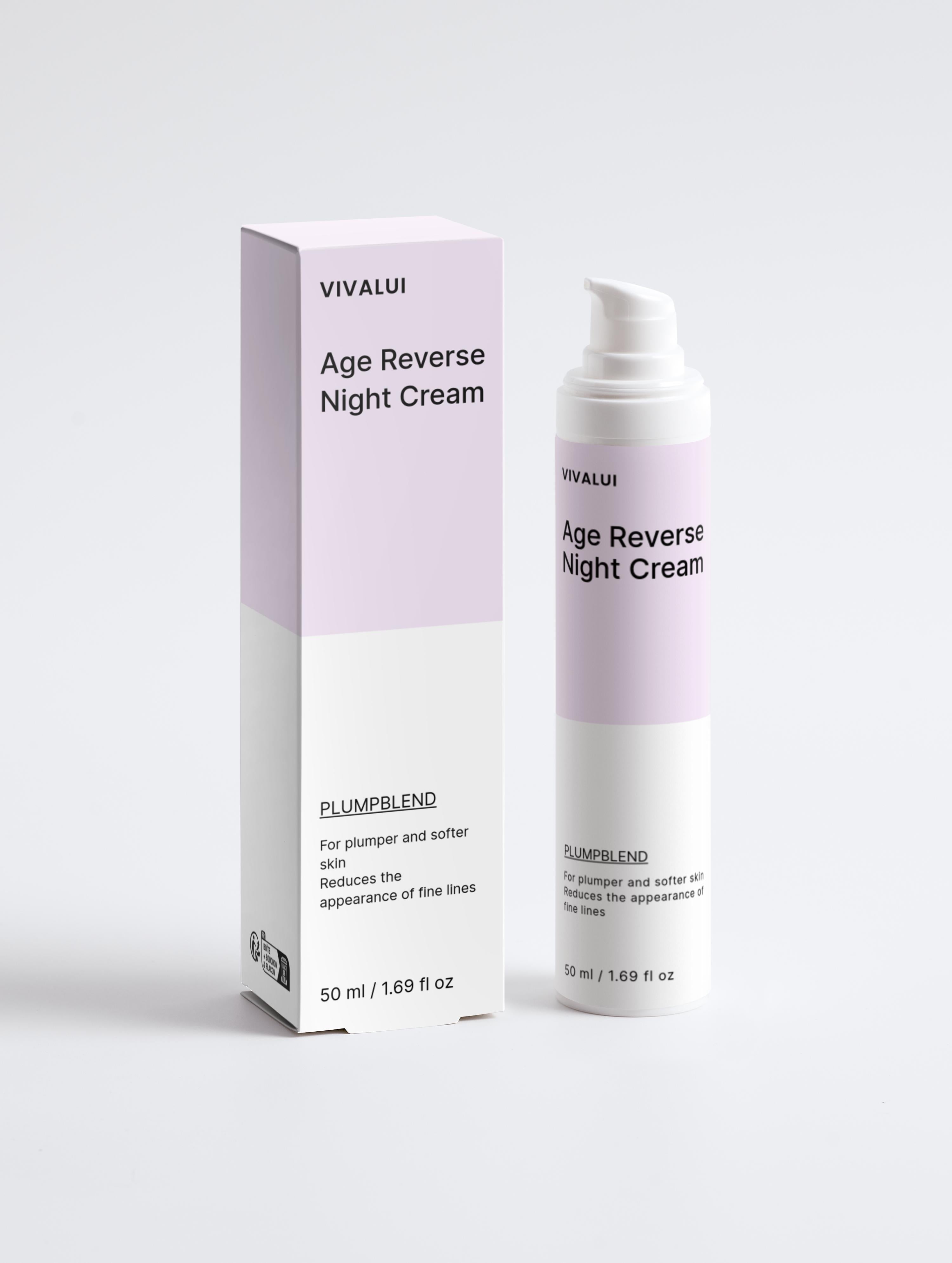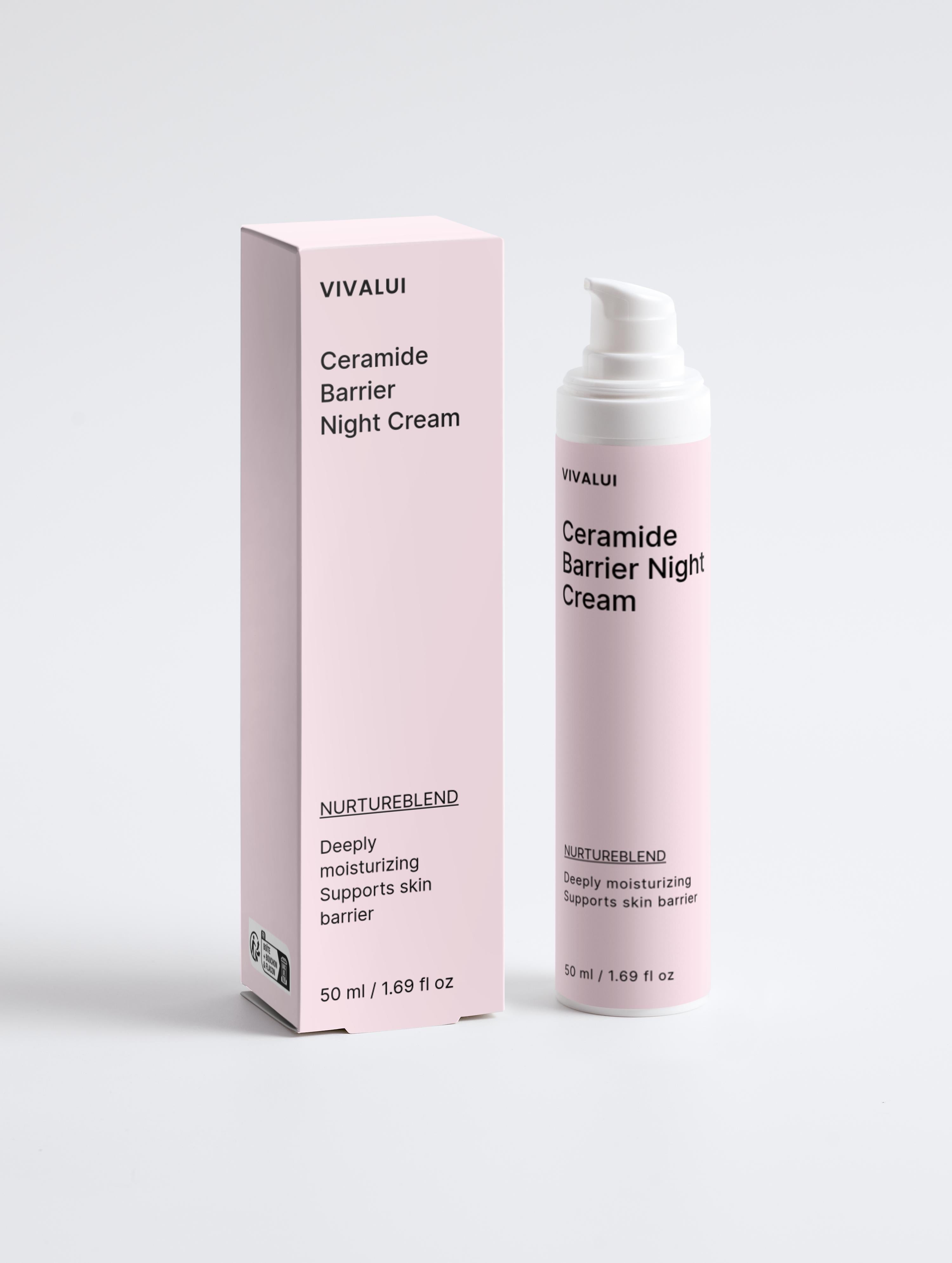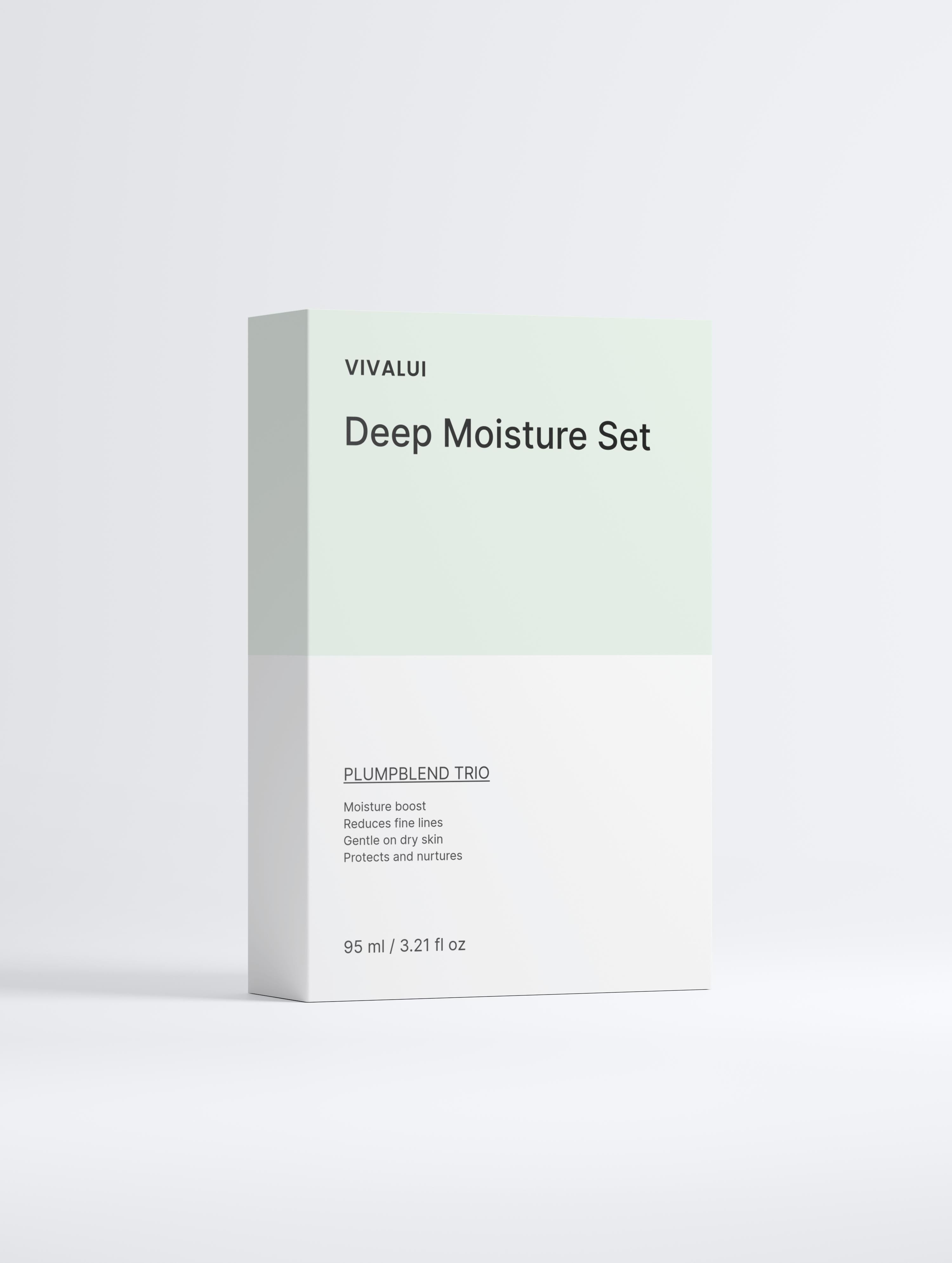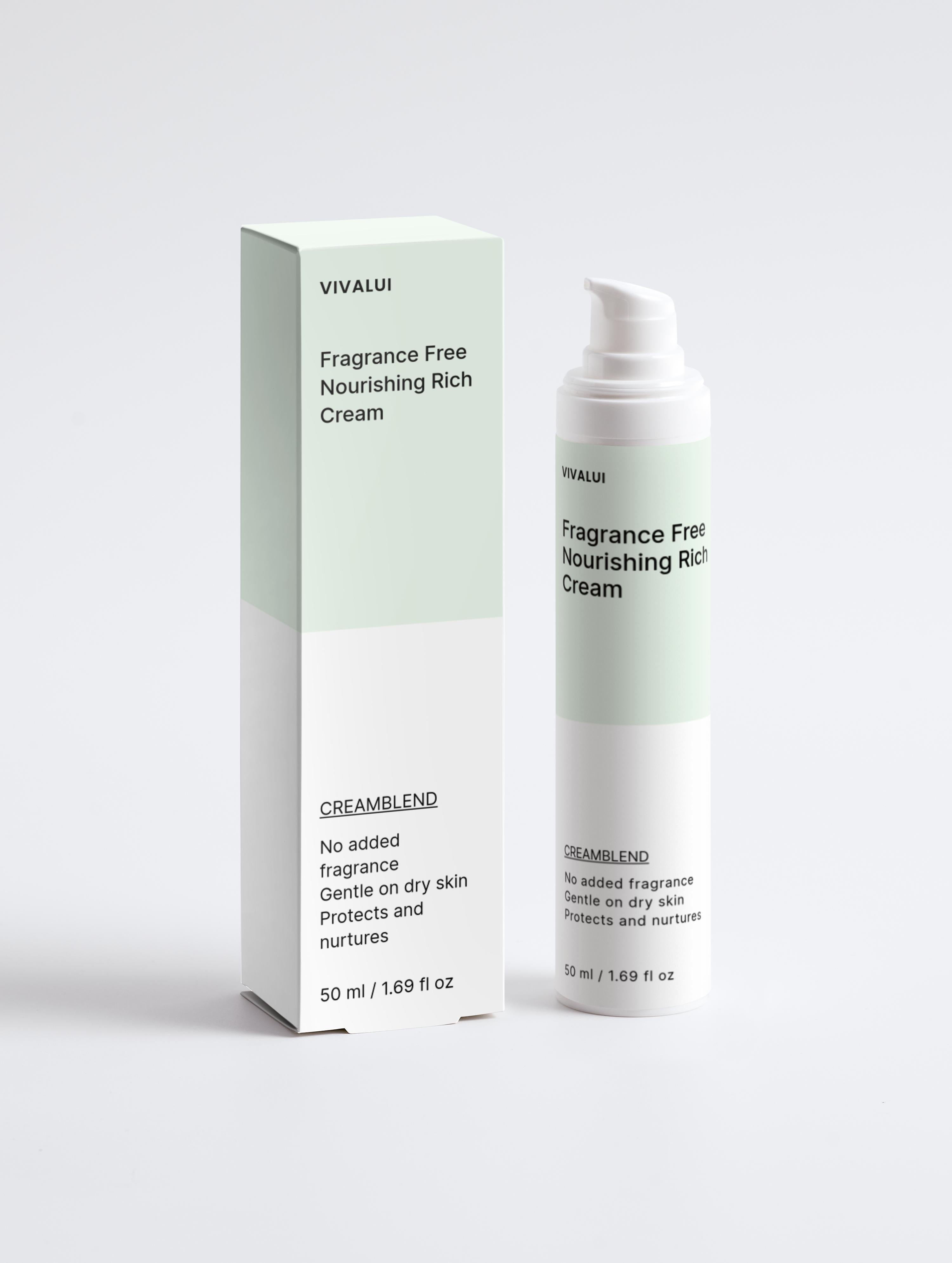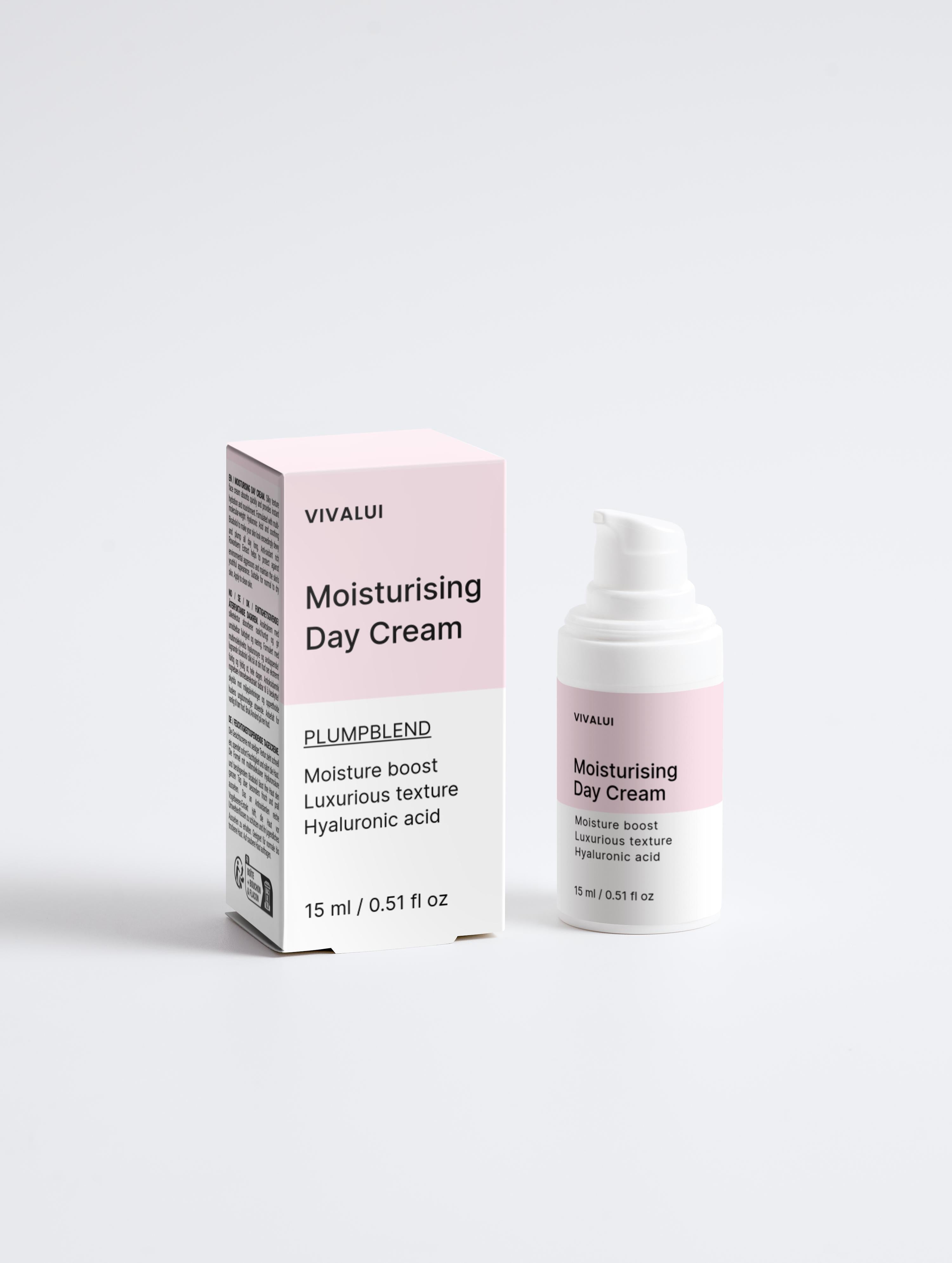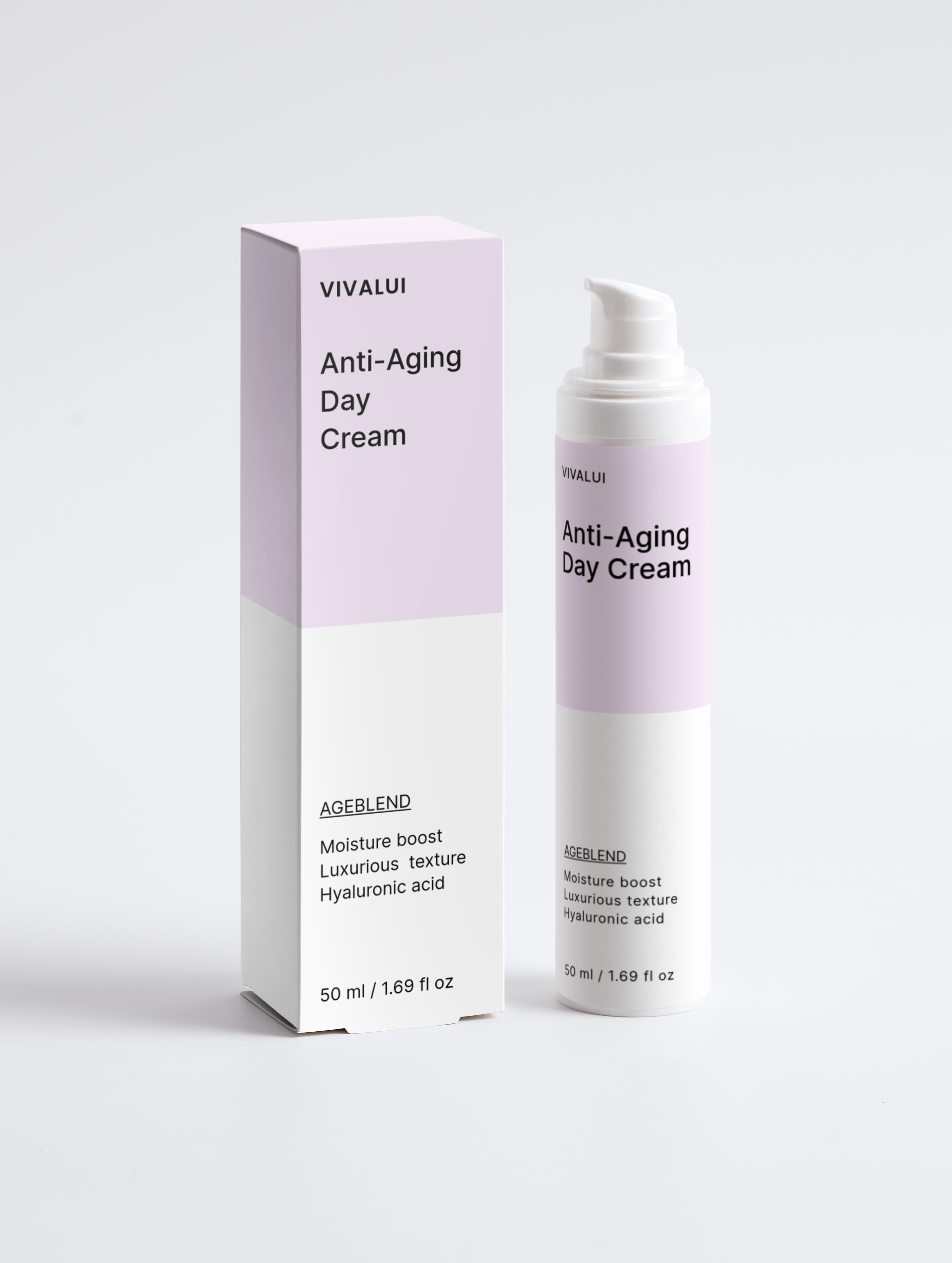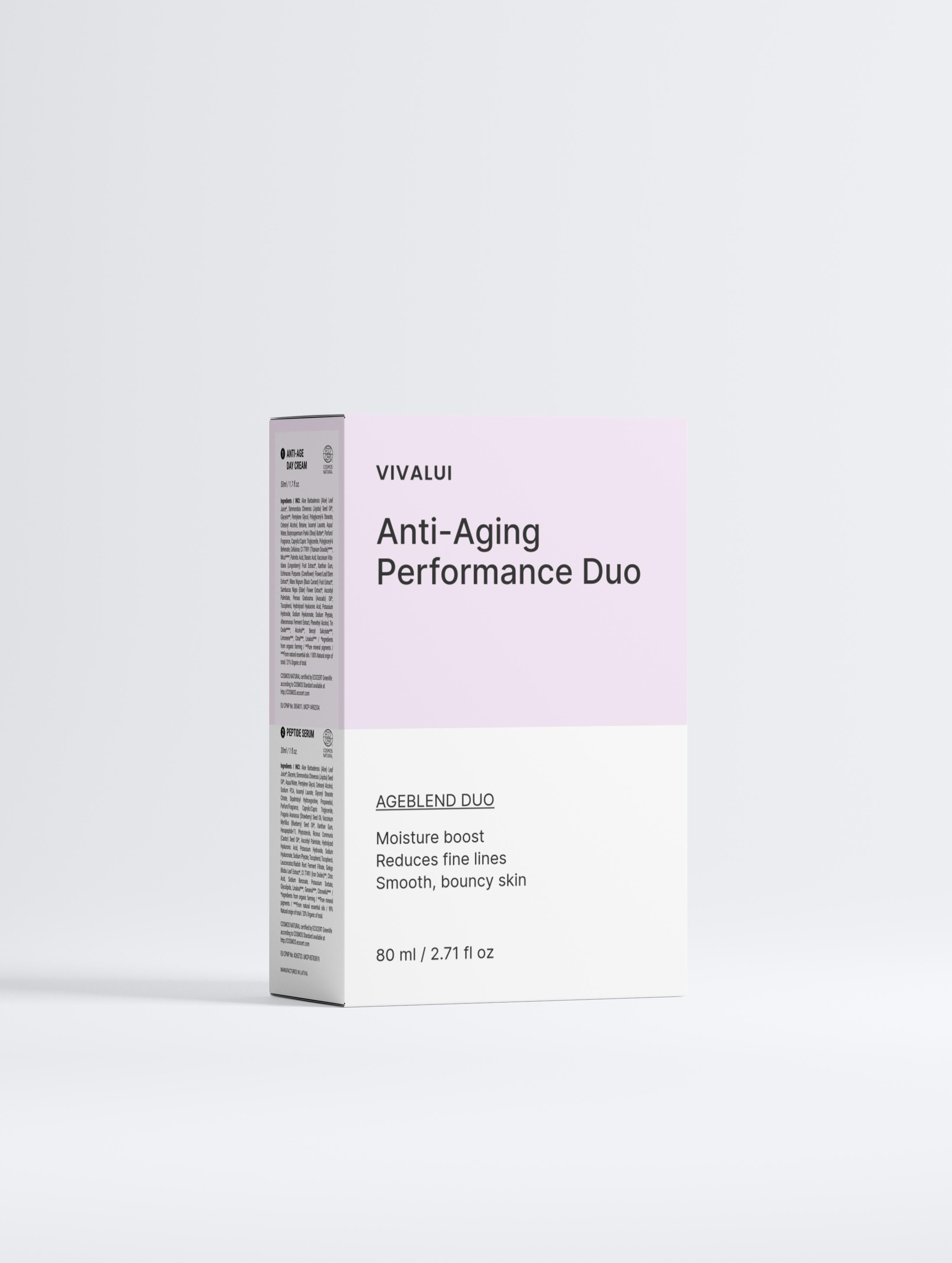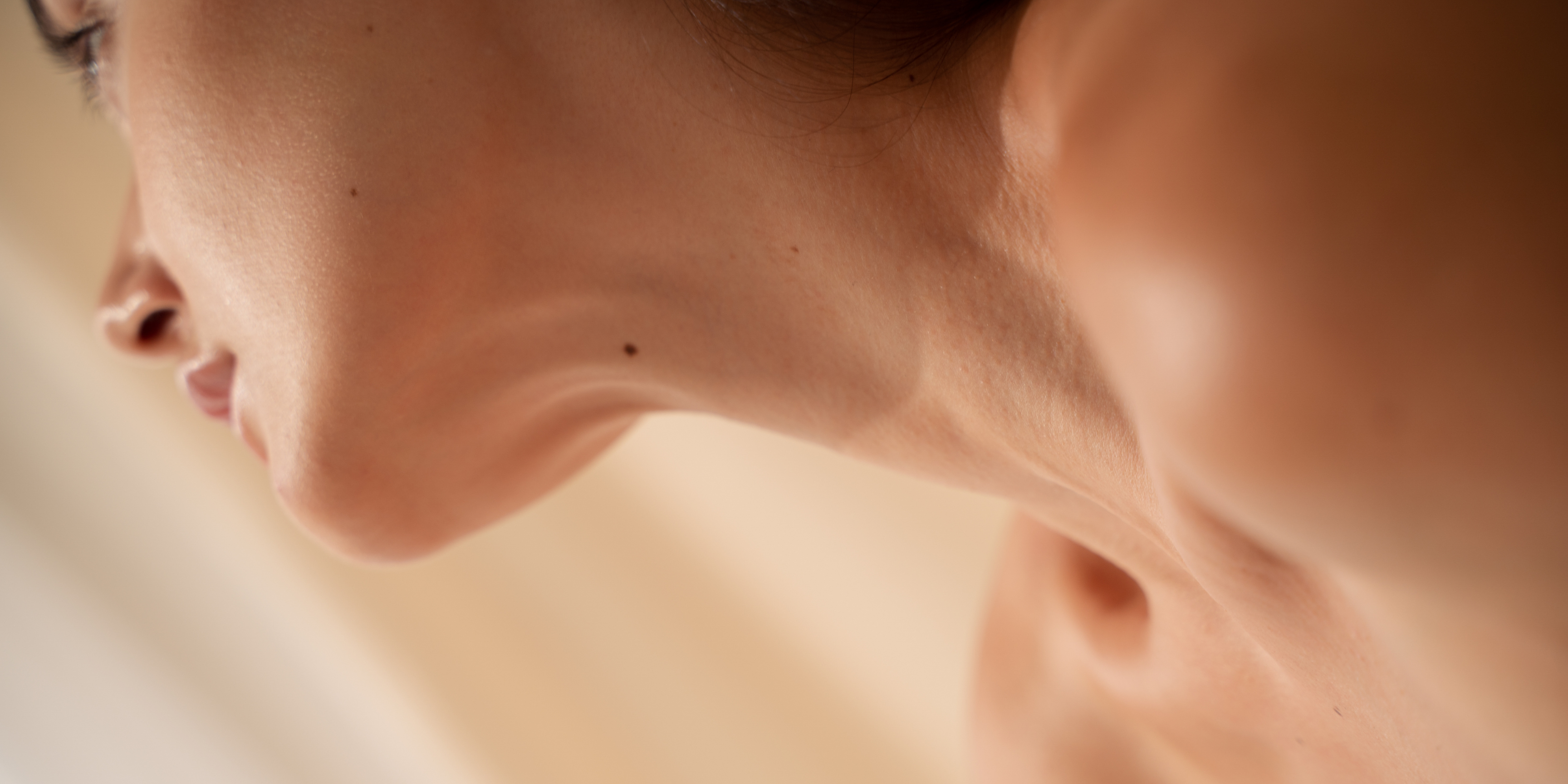Hey there, since you're here, you have made a great choice in deciding to take your skin health seriously.
There’s a lot of talk that having a skincare regimen is for women or that men aren’t supposed to use lotions, face creams, or body scrubs; well, these are all myths — having a skincare regime is not just for one gender, it’s for everyone and also for different age groups as well.

Here’s another, it’s widely assumed that men like a simple method to skincare — using a bar of soap in the bathroom, and then they’re set.
Regrettably, that’s not always ideal. In truth, you may even be doing your skin a great deal of harm by drying it out, promoting acne breakouts and not doing anything to prevent early aging signs; thereby causing premature aging.
It’s high time we debunk the myth that men shouldn’t care about how their skin looks. Men deserve to have beautiful, soft, and glowing skin too.
This article will tell you the “how” to get the skin you need.
The regimens that will be discussed apply to both men and women.
They are applicable to people of all ages and skin tones.
Intro to Skincare for Men
Gone are those times when being unkempt was considered a confirmation of manliness. This is a different era where manliness is indicated by a good haircut, looking well-groomed, and healthy skin.

Before we dive into skincare hacks, let's talk about the difference between male and female skin.
The skin covers approximately 20 square feet; it is the largest organ in the body. Its function is to keep us safe from harmful bacteria, and its various elements also help maintain body temperature and allow us to feel the heat, touch, and cold.
The skin is composed of three layers:
- The epidermis, or the outermost layer of skin, serves as a water repellent protective layer and determines our skin tone. The epidermis also houses the type of specialized cells, which are called Melanocytes.
- The dermis, which lies beneath the epidermis layer, includes hair follicles, sweat glands, and hard connective tissue.
- The deeper subcutaneous tissue (hypodermis) is composed of fatty tissue.
Melanocytes are specialized cells, as stated above. They are popularly known for skin pigmentation and are also involved in the production and distribution of the pigment called melanin, which is responsible for the color of the skin.
From both the moment of conception to old age, the characteristics of the skin changes. It also is delicate, soft, dry, smooth, and free of wrinkles and acne scars in infants and young children.
Kids under the age of two years sweat infrequently and inconclusively, and their sweat glands function only minutely.
Hair grows longer, thicker, and more pigmented during adolescent development, especially on the axillae, pubic eminence, scalp, and male face.

Acne lesions frequently develop as overall skin pigmentation tends to increase, regionalized pigmented sites appear suddenly and inexplicably, hair growth, sweating, and sebaceous secretion all start to increase.
As a person grows older, physiological and morphological changes are observed, and sun exposure and wind cause the skin, especially that part exposed to the elements, becomes wrinkled, flaccid, and dry.
With these that I’ve said, I guess you now understand why the skin of an adult is different from that of babies and younger children, but it should comfort you that at a point, you had this soft and tender skin when you were a baby.
As we clock into adolescence, the male skin becomes thicker than that of the females. Here’s why:
As adolescence kicks in, in males, different hormones are released, which are responsible for all the changes you start observing; a hormone called Androgen (testosterone) activation increases skin thickness, which explains how it is that a male’s skin is roughly twenty-five percent (25%) thicker than a female’s.
It also explains why a man’s skin texture is tougher.
Furthermore, Sebum (oil) and also its production varies for both sexes. After puberty, males produce more Sebum than females, that’s also likened to androgen secretions and explains why some men have more severe acne. Despite having smaller oil-secreting oil glands, men tend to have oily skin.
Irrespective of age, males have relatively high collagen density than females because of testosterone.
Very lucky, right? Seeing as collagen concentration is highly proportionate to the visible signs of aging, it’s been estimated that a female’s skin would be about fifteen years older than a male’s within the same age.
On the other hand, men are less sun-aware than women, which means they don’t use sun protection as frequently.
This can clarify why and how the “15-years” comparison in skin age between males and females isn’t readily apparent.
Sun damage can add more years to a male’s skin, negating the benefits of slowing the inherent aging process.
With all that has been stated in this chapter, you can understand the advantage you have as a man and how you can utilize it.
So, stop sticking to just everyday bar soap when showering because you won’t be doing your skin any favors at all.
In the following chapters, you’d be exposed to how you can better your skin health. Read on
You Are What You Eat
Just as how we are told to eat a healthy diet cause our diet affects our health and state of mind, our diet also affects our skin.

I understand that in this age and time when we are always on the move, trying to make ends meet for our loved ones would not always permit us the time to have a healthy meal.
Hence, processed carbs just hit it differently for us while also saving us a huge amount of time that we can use for something else.
But then these processed carbs we constantly consume are doing a lot of harm to our skin.
Processed carbs are directly proportional to a decline in health which is also directly proportional to a decline in skin health—it’s like a love triangle. You get it, right?
Certain foods have been shown to give you healthy and glowing skin, and these foods will be discussed in later chapters.
Are you aware, however, that some foods can be harmful to your skin? as a matter of fact, studies have also shown that certain processed foods could have an impact on your skin’s quality.
Sugar and processed carbs are the worst for your skin, usually cause allergies, wrinkles, acne, skin cancer, and other problems.
As such, if you want healthy, more radiant skin, here are seven food habits you should avoid, according to experts:
- Processed Carbs: Acne can be caused by a diet high in processed carbohydrates and sweets, such as bread, candy, pasta, soda, and juice. Such foods raise blood sugar levels, releasing hormones that promote oil production but rather cause pore-clogging skin cells known as blackheads to shed more quickly. Whether you’re prone to acne or worried about wrinkles, probably replace processed carbs with protein, vegetables, and whole grains, which don’t raise blood sugar levels.
- Excess Salt: Are you concerned about bulgy eyes and dark eye circles? Your salt intake is to blame. Too much sodium is said to cause puffiness and bloating in the face. Because salt makes tissues perk up, your face will appear puffy and exhausted. Furthermore, high doses of iodized salt have been shown to increase acne outbreaks. Eat potassium-rich foods and limit your salt consumption. To reduce sodium content, rinse all canned meats, beans, and vegetables after opening them.
- Excess Alcohol: When consumed in moderate amounts, alcohol is beneficial to one’s health, but excess can be harmful to one’s skin. Especially when it comes to the appearance of the skin, dehydration from excessive drinking can end up causing wrinkles, dullness, and dry skin. It also depletes the body’s supply of vitamin A, which aids in skin renewal and repair. Eczema, acne, psoriasis, and rosacea are among the skin conditions it can cause. You might not have to give up cocktail hour entirely, but it is preferred that you limit your drinking to one or at most two drinks.
- Getting in tune with Healthy Fats: Always have it in mind to include healthy fats in your daily intake since you’re planning to eat healthfully. Our skin requires certain healthy fats (such as omega-3 fatty acids) to maintain moisture, and because our bodies cannot produce them, we must obtain them from foods such as fatty fish like salmon, soybeans, and walnuts. Inflammation, wrinkles, dry skin, and acne are all prevented by these fats. Olive oil, which is high in oleic acid, is considered a natural choice because it hydrates the skin, helps protect against skin cancer and improves omega-3 as well as other absorption of nutrients. Avocados and nuts like almond and macadamia are other sources of oleic acid.
- Dairy Products Overdose: We all agree with dairy as a healthy food source. However, dairy, just like alcohol, can be harmful in excess. Milk may cause whiteheads, blackheads, and pimples in acne sufferers, according to research. Prolactin, a hormone found in milk, is thought to promote the growth of pore-clogging skin cells. Dairy consumption should be avoided or limited for males who suffer from hormonal acne.
- Coffee: It’s difficult to stop coffee entirely. However, it should be noted that drinking two to three cups of caffeinated drinks can cause a rise in cortisol levels in the body. Cortisol, also referred to as the stress hormone, has been said to be harmful to the skin. It hastens the process of aging by causing dehydration, skin thinning, and a dull appearance, leading to fine lines and facial wrinkles. Reduce your caffeine intake by combining decaf and regular coffee or replacing that extra cup with organic caffeine-free tea.
- Excess Sugar: High-sugar foods have been shown in studies to aggravate premature aging and cell destruction by destroying collagen and elastin, which are the connective tissues that keep the skin firm, smooth, and supple.
Most importantly, it would help if you constantly stay hydrated; don’t wait until you are tasty before you decide to drink water.
Several people fail to appreciate the importance of drinking water and its benefits to one’s skin and general health.
The quantity of water you could perhaps drink each day is determined by your metabolic rate, height, weight, and daily activities.
Each day, you should drink within five to eight glasses of water, or even more whenever necessary. To stay hydrated, make sure you try to drink six glasses of water per day.
Water can do incredible things for your skin and general well-being, from maintaining elasticity to lessening fine lines and wrinkles.
Start Your Skincare Routine
A good skin care regimen is the foundation of good grooming. With well-cared-for skin, you’ll have fewer clogged pores, less irritation as well as blemishes, and you’ll be able to avoid noticeable aging signs.

Try to take this thing seriously, and you’ll look better instantaneously and age more graciously.
However, most importantly than all of that is the satisfaction that comes from a daily habit of self-care.
It simply feels good. Proper skincare goes beyond simply washing your one’s face with any soap lying around; It requires dedication, care, and consistency, to also mention having a healthy amount of exploration, to find the correct products that would suit you.
Well, That’s why I’m here; you can see this conversation I’m having with you via this page as a safe space, and I don’t expect you to understand the difference between an acid such as hyaluronic acid and niacinamide instantly.
In any case, creating a skincare regimen from scratch takes just a few easy steps, so you’ll be amazed at just how much difference you’ll notice just after a few weeks of doing so.
I just want you to know that irrespective of who you are or what your day is like, you’re never too old or too young to start a routine and, you’re not too late either.
You just get on with it. So, you’ll be starting with the basics so you can get into the habit of consistency.
Products
There are various skincare products available, which are categorized into:
- Serums: They may contain antioxidants that protect the skin from environmental damage and UV rays. They are also useful for moisturizing dry skin.
- Moisturizers: They hydrate and seal in moisture to the skin. They can help prevent dry skin if used after a bath. People with oily skin should use a lighter moisturizer.
- Exfoliators: They eliminate dead skin cells from the layer of the skin and may improve blood circulation. However, they may cause irritation but also may not be suitable for sensitive skin.
- Eye creams: According to studies, eye creams can enhance under-eye softness and minimize the depth of deeper wrinkles.
- Toner: After washing your face, toner helps to remove any remaining dirt, debris, and impurities from your pores. it also restores the pH level of your skin, smoothes it by improving rough patches, and enhances skin tone.
Basic Skincare Routine
Have it in mind that you would be cutting down on what I stated in the previous chapter.
I know it won’t be easy, but you have to make it work—you have to cooperate with your skin by incorporating a long-term mindset, the small goals you set daily will pay off massively when you need them the most—and then your skin would also cooperate with you, it’s like teamwork.
The most basic routine is bathing.

Bathing: Contrary to what you’d presume after squeezing through a tightly packed bus or train or squeezing through a massive gathering, probably at a sports stadium or concert, we feel dirty, so we undoubtedly wash too frequently, often only twice daily, because we are trying to get rid of the dirt of the smell of sweat.
But then, bathing regularly dries out the skin, and also the issue can be aggravated through the use of harsh soaps.
Keep in mind that dry skin appears older and might “age” faster. So, when bathing, wash perspiration-prone areas, like the neck and underarms and the genital area, with a mild soap.
The dirt and accumulated dust that has racked up on the entire body during the day would be removed without the use of soap by delicately washing the skin with a soft washcloth or massage gloves for skin and afterward rinse with water.
Note that your face is the most sensitive part of your skin; that is, it is more prone to reaction when compared to other areas of your body.
Your face can also indicate when something is wrong internally, such as your gut. So when washing your face, you have to be careful, and once you want to dry your face, pat it instead of rubbing it. Rubbing causes irritation and drying of the skin on your face, which can be remedied by patting.
What’s Your Skin Type
Before I talk about other skincare routines, you need to have some things in mind, such as knowing your skin type.
Your skin is not the same as the next guy around you, and our skin types are different, just as our genes are.
And you have to visit a dermatologist as often as you’d see a dentist. Before you visit a dermatologist, I’m going to enlighten you on the various skin types.
You’ll get to find out how well you know your skin, and so what would be your guess on how your skin would react if it were hot and humid outdoors or cold and dry?
What foodstuffs does it seek?

These are crucial questions because determining the best skin products is the first step towards building a good skincare regimen.
Consider it similar to finding your soul mate for your skin. It may take some trial and error at first, but knowing your skin well will reduce your chances of having a severe breakout.
Take into account that the same product could react significantly differently on two skin types.
That’s why it’s critical to understand your type of skin and the treatments or products that are best for it.
You don’t want the product to aggravate your problem and don’t be concerned if you aren’t sure what type of skin you have.
I’ve simplified it for you to get to know your skin type.
There are five different skin types which are;
- Normal skin
- Dry skin
- Oily skin
- Combination skin
- Sensitive skin
Normal Skin
Normal skin is not described as oily or dry. Whenever there is oiliness and dryness, it is uncommon and usually easy to resolve.
Normal skin types have small pores which are not turgid or visible. Normal skin does not have a lot of shine, and it is also not cracked or crispy.
Normal skin has very few wrinkles and fine lines, and also the tone usually is even, with no noticeable blemishes.
Anyone with normal skin must avoid products and treatments that make their skin feel excessively oily and use products that do not cause severe dryness.
While normal skin also requires less maintenance than other skin types, it is critical to stick to a regular skincare routine, and the skin can withstand almost anything.
Dry Skin
People who have dry skin may experience skin tightening. There may even be scaly patches and flaking; the textures may be rough, with a dull complexion.
Dry skin types typically almost have invisible pores and might even experience premature wrinkles and itchy skin.
A number of different factors can cause dry skin. Some people have dry skin because of genetic factors which affect the amount of Sebum synthesized by the sebaceous gland.
Sebum is in charge of maintaining our skin, making it soft and supple.
Finding a moisturizer that replenishes hydration is critical for dry skin. Anyone with dry skin frequently experiences mild allergies and stands to gain more from creams than lotions cause when it’s moisturizers.
Creams contain more oil, making them thicker and much more moisturizing. Therefore, the more oil in a moisturizer, the faster it can penetrate the epidermis’ barriers and help retain moisture in the tissue.
Before incorporating a regular moisturizer into your regimen, experiment on a small area of your skin to ensure no adverse reaction.
Oily Skin
Those who have oily skin will notice that their face is very shinny and may experience severe acne.
Oily skin is caused by genetic factors as well as hormonal changes that occur throughout a person’s life.
Those who are genetically predisposed to having oil glands produce more Sebum. Production of androgens triggers the production of Sebum.
But if this oil is synthesized in surplus, it can enlarge the size of the skin’s pore spaces, causing blockages that give rise to pimples and other skin problems.
Blackheads, acne, whiteheads, papules, and pustules are more common in people with oily skin.
Oily skin requires light exfoliation because oil accumulation can lead to the trapping of dead skin cells in the pores, resulting in breakouts.
Although you may be compelled to use extremely harsh products, it’s essential to use gentle exfoliators on your skin.
Combination Skin
On the face, combination skin consists of multiple different types of skin. Combination skin is characterized by dry, flaky skin on some parts of the face but also elevated oil on other parts.
Many people unknowingly think they possess oily skin when they have combination skin. Only if a person’s skin is oily all around, there are likely to be dry or normal patches, which would fall under the category of combination skin.
The most popular skin type is combination skin, and it can be difficult to recognize and treat.
The skin within T-zone (nose, forehead, and chin) is frequently shiny. The above areas of the face have extra active oil glands than others, such as the cheeks.
Sensitive Skin
Sensitive skin can have combination skin, dry skin, or oily skin, but they often have a lot of allergic contact dermatitis.
Skin conditions such as rosacea and allergies can affect sensitive skin, so minimizing harsh chemical-based treatments and products would be better.
Because this skin type is prone to inflammation, it is critical to select the best natural skincare products for sensitive skin to prevent any adverse reactions.
If you’re a young man reading this, understand that your skin type right now is unlikely to be the same as it was when you were fifteen or the skin type you’ll get when you’re fifty.
Also, note that skin type can change depending on the season or where you live. If so, you don’t have to change your entire routine every season, and a few minor changes here and there should suffice.
Do’s for Better Skin
Welcome! Wondering why I’m excited? I’m excited because you are still on this journey with me.
Having told you the basic skincare regimen, it’s time to dive deeper into other routines that you should incorporate into yours.

Facials
As stated earlier, your face is the most sensitive part of your skin, so you have to pamper your face in all ways possible in your regimen.
You should reduce touching of your face to the barest minimum because your hand comes in contact with many bacteria daily, and you wouldn’t want to transfer those bacteria to your face.
The most basic and necessary step in any routine is to wash your face.
- Wash your face with a night and day face wash to cleanse it. Using your fingertips, apply a mild facial cleanser in a clockwise direction. Finish by thoroughly rinsing the cleanser from your face and drying it by patting it with a clean towel. If you have oily skin, use a salicylic acid cleaning solution when cleaning your face.
- Begin by exfoliating with a top-quality scrub. It helps to remove dirt particles that add to wrinkles and reduces dullness on your face. Choose a product that is light, simple and easy to apply, and will not irritate your skin. At least twice a week, exfoliate your facial skin.
- If a pimple bothers you, burst it by gently squeezing the spot with tissues wrapped around your fingertips. It will help prevent bacteria by preventing your fingers from directly touching your skin, but it would also hinder you from injuring your face with your fingernails.
- Make use of eye creams. Eye cream is indeed the army knife of a man’s skincare regimen: it’s a helpful method that can solve a slew of issues. What about dark circles? It may aid in their removal. Bulgy eye bags from late-night? It has the power to send them packing. Are you starting to notice fine lines and wrinkles? An eye cream can help you look younger. Because the skin around your eyes is thinner than the face, it requires more concentrated additives and loses moisture quickly. Begin using an eye cream after cleansing in the morning and at night.
- Moisturize on the go. The most common reason I hear men say they wouldn’t wear moisturizer is, they don’t like the way it feels. That makes sense to me. Who wants to feel like they’ve had gooey substance all over their face all day? However, choosing a moisturizer that you can withstand is simple; more lightweight products are being released on a daily basis and having to wear one will keep your entire face from feeling dry, and it helps it retain moisture which will keep it looking good for a long time to come. If you’re just a beginner, look for keywords like “lotion” or “gel” rather than “cream” on the label.
- It’s masks time. There are masks, and they serve the same purpose: to complement our daily skincare regimen. They’re similar to serums, such as they convey concentrated additives and address specific skin issues. A clay mask is the best type of mask for men, particularly for newbies. These masks make use of clay and mud to cleanse deeply into your pore spaces, deeper than a twice-daily cleanser can go, and also remove built-up oil, dirt, and debris.
- Toner is a priceless factor in maintaining your skin, keeping it clear and shine-free if you also have oily skin or suffer from acne. After cleansing, use a cotton pad to wipe some of it over your face to deep clean your pores and remove excess oil and buildup. And if you’re not a fan of cotton pads, try a gel version.
- Applying a night moisturizer may seem difficult initially, but your skin is attempting to repair itself while you sleep. Night creams are extremely moisturizing and contain active compounds such as peptides to aid in the regeneration process. Applying the same moisturizer throughout the day and night is acceptable, but using a different cream at night is the actual pro move.
Body
Know that your body is also as important as your face. So, don’t just focus on your face alone and leave your body, so your body doesn’t start aging more than your face—that would be awful.

We all want our bodies to be uniform in complexion, smoothness, and shine. Some of the routines stated above also apply to your body, such as the use of sun cream and exfoliating.
For routines that pertain to your body includes:
- Apply sun cream that has at least 30 SPF fifteen minutes before going outside, as sunscreen takes time to activate. Darker skin requires more sun cream because hyperpigmentation has become more difficult to treat. Skin Cancer Foundation recommends using a sunscreen that provides broad-spectrum UVA/UVB protection.
- Male models are frequently seen exercising to maintain their fitness, but did you know that workout is also beneficial to your skin? Physical activity improves blood circulation, helping your skin look younger and more vibrant. You can reap the benefits as well if you stay true to a regular exercise routine. Cleanse your skin after exercising to ensure that any pathogens released via your skin are completely removed and do not remain in your skin.
- Vitamins are required for good skin. Vitamin C prevents aging, Vitamin E helps protect against sun exposure and reduces dark spots, Vitamin K prevents dark circles under the eyelids, Vitamin A promotes healthy skin tissue release, and Vitamin D increases elastin and collagen formation, are the vitamins to be taken for your skin. If you want to save time, look for a multivitamin that contains all of the above vital nutrients in a single capsule.
- While most people associate humidifiers with relieving congestion caused by allergies, they can also benefit your skin. Whether you live in a dry climate, even year-round or annual, adding moisture to the air can help keep the skin soft and supple. Change the water in the humidifier daily to prevent bacteria and mold from growing.
- Whether you shave every day, it’s critical to use high-quality trimming or cutting products. This includes beard trimmers that are both long-lasting and effective.
- If you have sensitive skin, apply a gel or cream meant to minimize bumps and inflammation.
Nature
One of the best natural defenses against aging and bad skin is sleep. Get a good night’s sleep of 7 hours or more allows your skin to rest, rejuvenates your health and gives time for your skin treatments to work on your skin.

Get enough sleep every day: Getting enough sleep is one of the most important things you can do for your body. There are many benefits from getting a good night’s rest, including improved mood, better concentration, increased productivity, and reduced risk of illness. As a result, many companies are now promoting the importance of sleep to their employees as well as providing free or subsidized sleep pods in offices.
Eat healthy: Eating and living a healthy lifestyle is a challenge, we know. With so many temptations surrounding us, it’s easy to fall into old habits. A vitamin-rich diet consisting of vegetables is necessary, as they are enriched with minerals and vitamins that your body requires to stay fit and healthy. Remember to focus on proteins especially; they are rich in nutrients that are absolutely essential for your skin.
Supplement Your Diet: A well balanced diet with additional supplements can be just what you need. Supplements such as vitamin B, iron, vitamin D, vitamin E, copper, nettle and zinc helps boost your collagen production. Other supplements that have an impact on your skin are vitamins B6 and C; especially beta-carotene and flaxseed oil. Truth is not everyone gets these nutrients in their diet. Supplements have a positive impact on boosting your diet and leaving a strong positive impact on your skin thickness, shine, and clarity.
Always consult with a physician to get the dosage right.
Don’ts for Better Skin
The following are rules you should know by heart, and they are rules recommended to anyone who wants to enjoy their skin and enjoy their routine.

Some people might be dedicated to their skincare regime, but they might be doing things that are counterproductive. The rules are simple, so you don’t have to worry. They include:
- Do not apply a single mask product to your face. To reduce breakouts, use glycolic acid mostly on T-zone and thick creams elsewhere.
- Don’t be in a hurry. Allow each product to dissolve for two or three minutes before layering, that is, before adding another product so that it is not completely negated or diluted by another product that you are going to apply.
- Benzoyl peroxide treatments, which reduce sebum production, are meant to be avoided if you have dry skin.
- Don’t! I repeat, don’t go to bed without bathing and applying moisturizers.
- Showers that are too long or too hot should be avoided. Hot water can undoubtedly deplete the oil from your skin, as well as soaking your skin in bathtubs for long periods of time can dry it out more. Restrict your baths to five minutes, and use only warm water to save your skin.
- If you are of a combination skin type, stay away from chemically created fragrances.
- Never reuse a razor blade. As a result, a bacterial infection will develop.
- Shave with the grain of hair rather than against it, and use a skin-conditioning product before shaving to avoid nicks and cuts.
Meteoric Hacks for Your Skin
Antioxidants
Antioxidants can also be termed acne-fighting foods. We often hear that antioxidant-rich foods are good for our health; I’m here to let you know that they are also good for your skin health. They include:

- Vitamin A: Vitamin A regulates the skin cycle, ensuring that acne-causing nutrients and oil are not trapped. Salmon, fish oil, spinach, carrots, and broccoli are all excellent sources of vitamin A. When taking it, keep your daily dose to a minimum.
- Zinc: There seems to be some proof that acne sufferers have lower-than-average zinc levels. Zinc helps prevent acne by making the environment unsuitable for the growth of Propionibacterium acnes. It also soothes skin that has been irritated by acne. Turkey, almonds, Brazil nuts, and wheat germ are high in zinc.
- Vitamins E and C: vitamin E and vitamin C soothe the epidermis. And it is believed that they work in conjunction. Lemons, Oranges, grapefruit, tomatoes, and papaya are all good sources of vitamin C. Nuts, olive oil, broccoli, sunflower seeds, avocados, leafy greens, sweet potatoes, and vegetables are all excellent sources of vitamin E.
- Vitamin B Complex: B vitamins include riboflavin, thiamine, niacin, folate, inositol, pantothenate, choline, and biotin. They are always identified together in animals and plants, and also the body makes use of them in combination with one another. These vitamins are necessary for the healing process because they promote tissue regeneration (sunburns, bruises, infections, and acne). They also increase metabolism and blood circulation, which slows the aging process.
Having these antioxidants on your daily meal intake is the simplest way you can keep your skin hydrated. Other hacks include:
Meditation: Although stress is unavoidable in our fast-paced current lifestyles, it can have a negative impact on your skin.
Stress causes breakouts, disrupts sleep, and leads to inflammation. Meditation is an excellent method for de-stressing and resetting.
Set aside fifteen to thirty minutes per day for meditation, and you will be rewarded not just by your mind.
Dark chocolates: Flavonoids can be found in 70% of chocolate. Flavonoids are antioxidants that help prevent aging and sun damage while also promoting a healthy glow.
To benefit from it, including dark chocolate in your diet.
Cucumber slices: it is the oldest skin trick known to man! Cucumber slices have indeed been applied to the eyes for centuries.
Cucumber hydrates the skin around the eyes while also reducing swelling and inflammation. Refrigerate the cucumber slices for thirty minutes before using them.
The cucumber’s cryogenic effect will be improved, resulting in radiant skin under your eyes.
Grapefruit and tomatoes: They are high in lycopene, which, like lutein (is a member of the carotenoid family; It is abundant in orange-yellow vegetables, leafy greens, and dietary supplements), helps protect skin from sun damage.
Use cooled teabags to resist sunburn: Clearly, the most effective treatment method is to avoid it. However, unless you’re crispy, so there’s no after-sun insight, heap on cold teabags – they’re high in tannic acid, which helps to cool the burn.
Facial Massage: Massage the tension from your face with soft, circular movements.
Gently rub your face with clean hands, advisably immediately after bath on a daily basis to increase facial blood circulation, which results in a healthy glow.
When facial massage is done before applying skincare products, the products penetrate the skin more easily.
Creating your Skincare Regimen
It’s about time I tell you about how you can create your skincare regimen. If you’re currently in your twenties, I advise that your regimen should be about preserving your skin and also protecting it from minimal damage as much as you can.

If you are around the age of twenty-five, know that collagen production would reduce, so you may start observing some aging signs like wrinkles, but not so much till you are thirty years old.
Once you’re or if you’re thirty, your skin priorities become delaying the aging process; by the time you are forty and above or if you’re, then your goal becomes diligently maintaining your skin.
Whatever age gap you currently fall in, the basic skin regimen never changes, but you can decide to make it complex if you want, depending on your lifestyle.
I’ve broken down the proper order in which to apply your skincare products below:
For Day
Immediately after bath:
- Cleanser
- Toner
- Serums
- Eye creams
- Spot Treatments
- Moisturizer
- Face oil
- Sunscreen
For Night
Immediately after bath:
- Cleanser
- Toner
- Serums
- Eye creams
- Spot treatments
- Moisturizer
- Retinol
- Face oil
Keep in mind that you are not obliged to have an eight-step regimen.
Most skin types respond far better to few products; hence, if you’re just starting, stick to the basics: cleanser, moisturizer, and sunscreen.
That’s it—three items. Have you got dry skin? Consider including a face oil or moisturizing serum. Are you dealing with clogged pores?
Add a retinoid or perhaps an acne toner to the mix. Slow down and keep it subtle, and you’ll be fine. Here’s the breakdown of the steps:
Cleanser
Begin your morning routine by splashing warm water on your face or washing it with a face cleanser meant for your skin type.
[Vivalui best face wash for eczema and acne]
Toner
Toners were once dreadful, alcohol-based solutions that irritated the face.
On the other hand, today’s toners are packed with gentle, hydrating ingredients to soothe dry skin and perhaps chemical exfoliants to combat bumps and acne.
Toners were designed to help restore the skin’s pH once it became too basic as a result of harsh soaps, as well as to prime your face for products to be effectively absorbed later on.
Toners are also not optional.
Serums
Serums are highly concentrated nutrient treatments that resolve specific issues, so they should be kept as close to the skin as possible.
Eye Creams
Over time, using an eye cream regularly will keep the skin elastic of the eyelid and prevent the appearance of wrinkles and collagen loss.
Choose an SPF-protected eye cream to protect the sensitive skin around the eyes, and ensure to wear shades when you go outdoors to protect against Ultraviolet rays and lines that can form around the corners of your eyelids from squinting.
Spot Treatments
You should apply spot treatments (even for scars or dark spots) at night because that is when your body works the hardest to restore itself.
However, if you’ve used an acne-fighting cleanser and/or intend to apply retinol, use spot-treating in the morning to avoid irritating your skin.
Irrespective of when you apply it, ensure to apply spot treatment before a moisturizer so that it can truly penetrate your skin and work well thing without being obstructed by another barrier.
Moisturizer
You should use a moisturizer every day, twice per day— Whatever happens. Whether your skin is oily or prone to breakouts, that’s the only way of keeping your skin barrier healthy.
Furthermore, a moisturizer hydrates your skin and helps trap all of the products beneath it, making the ingredients more effective.
Face Oil
Face oils seal in the ingredients and moisture applied to your face, preventing them from drying up quickly.
Oils do not moisturize the skin on their own, but when you layer them over other products, they help improve the efficacy of your regimen while also leaving skin smooth and soft.
Sunscreen
Although it is the final step, nearly every dermatologist would tell you that protection from the sun is the most crucial component of any skincare routine.
Skin cancer and the appearance of wrinkles can be avoided by protecting the skin from UV rays.
Even if your moisturizer does not have SPF, you should make sure to apply sunscreen and use broad-spectrum SPF, which means your sunscreen will protect you both from UVA and UVB rays.
You’ll want to change up your nighttime skincare regimen for a variety of reasons.
Because your skin restores and repairs on its own while you sleep, your nighttime regimen is ideal for ensuring that your skin receives the maximum amount of nutrients and additives.
You’ll still need to go through the steps outlined above.

Conclusion
Finally, be wise in how you invest your money in your skin. It’d be wonderful if there were a single magical elixir that could give your skin a youthful look, forever smooth, natural glow, but there isn’t.
Just as there is no magic pill that will provide you with the body you want, good skin requires good habits, consistency, and the right products.

